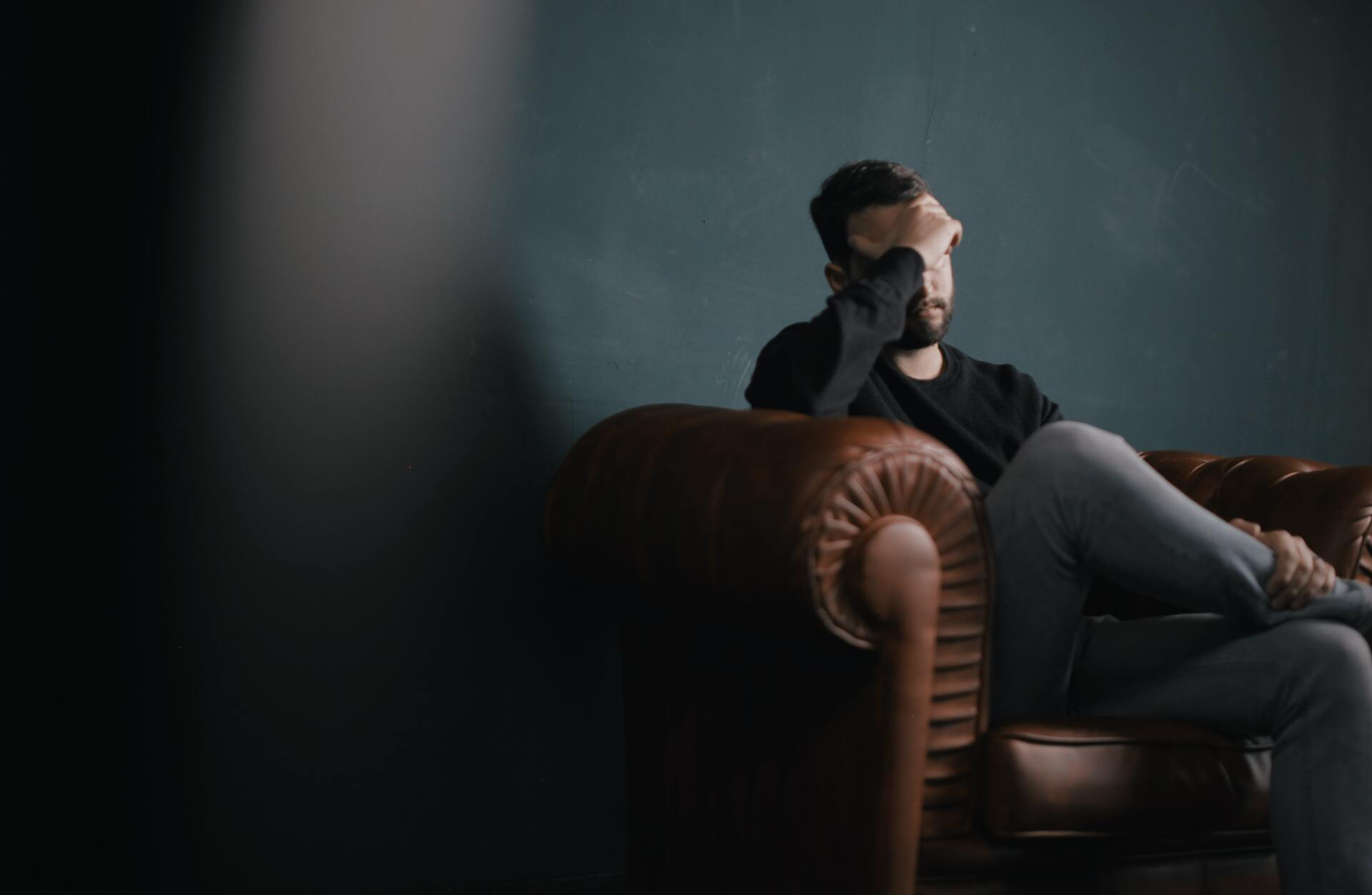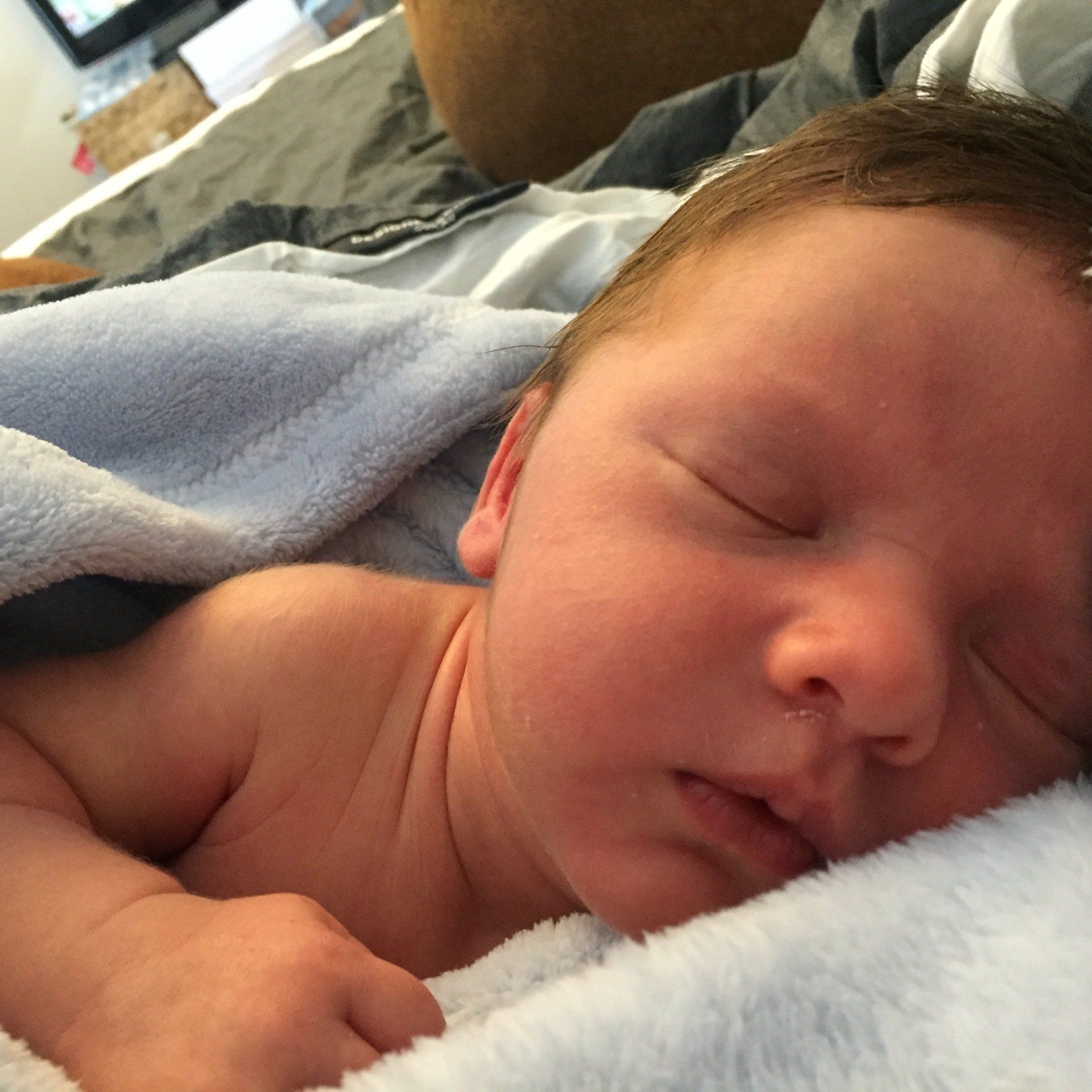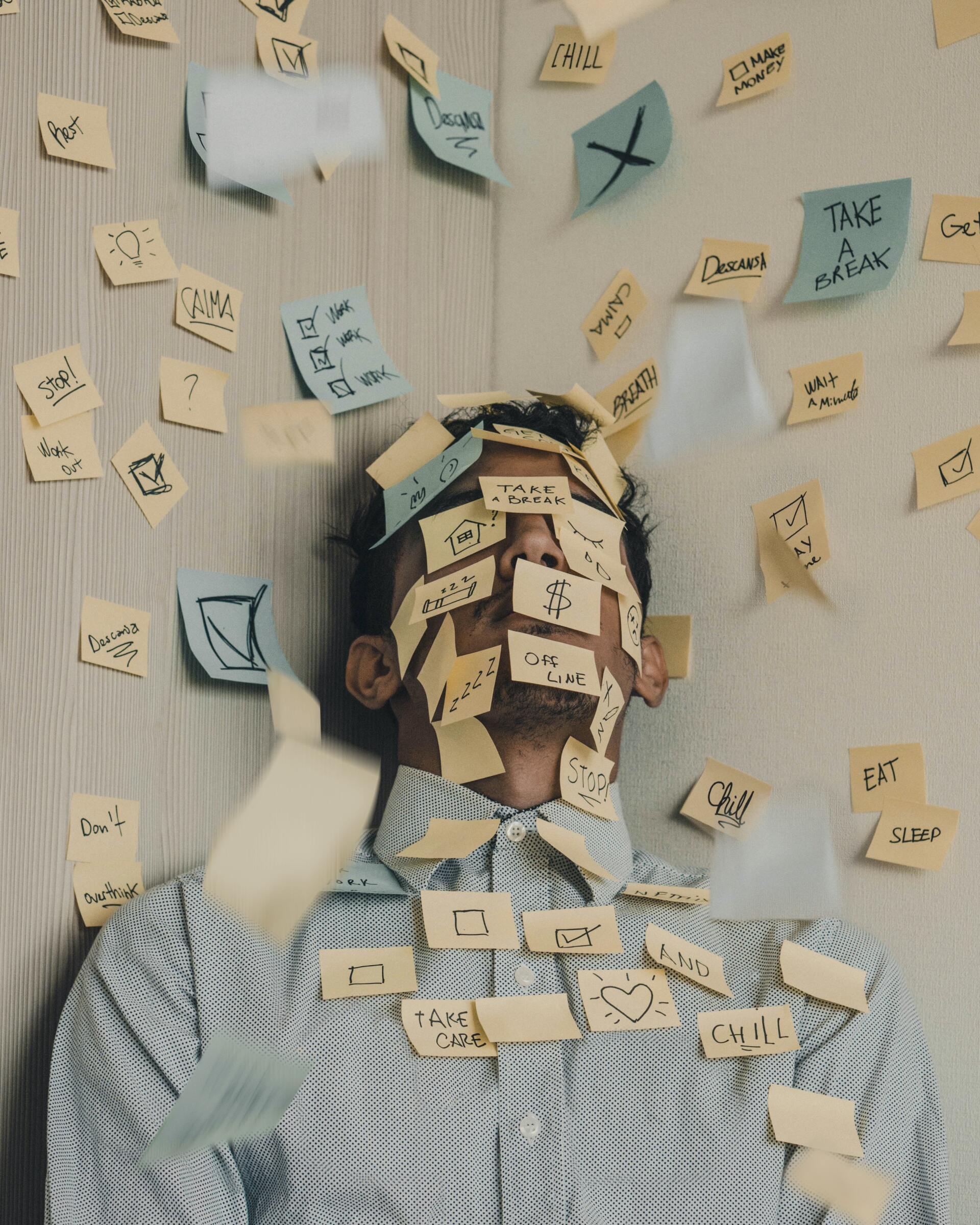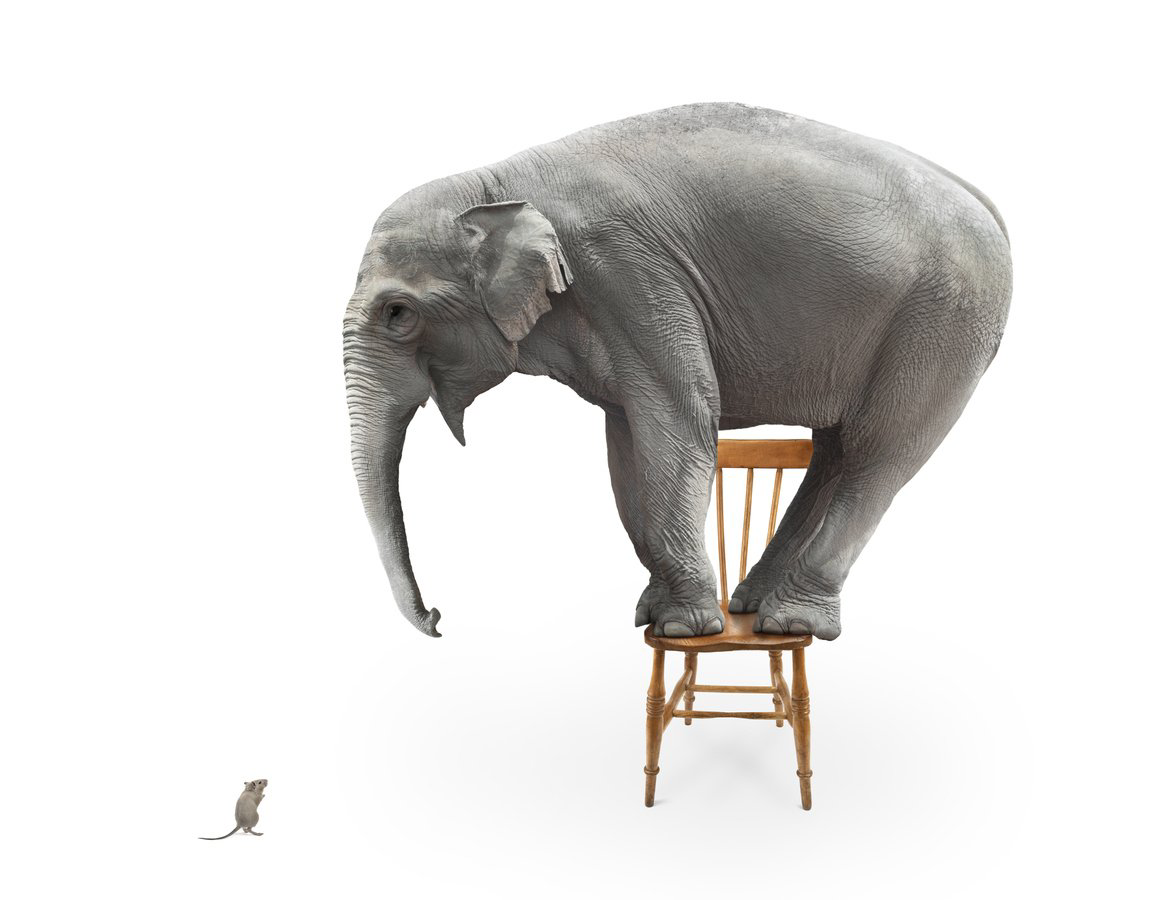Valerie Taylor-Walker
Valerie Taylor-Walker • March 10, 2020
Are you getting enough sleep?

I have not had any proper sleep for over 20 years. My daughter would have night time seizures, so I have always been on alert and woken on a regular basis. Eventually I adjusted to this disturbed sleep pattern and have learned to manage on about 4-5 hours sleep a night. I imagine I am not alone. On the positive side, long haul flights don’t bother me as I am happy to catch the odd hour when I can.
I didn’t see it as a problem, in fact I was quite proud of the fact that I could cope on such little sleep until I attended a talk by Dr Neil Stanley, a renowned sleep expert. I was shocked to learn just how damaging a chronic lack of sleep can have both on your physical and mental health.
Sleep, it seems is just as important to our overall well-being as proper nutrition and exercise and yet it is probably given the least attention. Sleep is vital for brain activity. It is during sleep that the brain processes and organises all the data we have accumulated during the day. Lack of sufficient sleep can make us irritable, forget things, find it difficult to concentrate or make plans. Over time it can also lead to depression, anxiety and puts us at higher risk of developing dementia.
Sleep is also vital for our physical health as during sleep our body gets rid of all the toxic bi-products and allows our body to heal. Chronic lack of sleep lowers our immune system and make us more susceptible to illness. It also increases our chance of developing chronic diseases like obesity, heart disease or diabetes
Apparently, we don’t all need a full 8 hours. The amount we need is affected by genetics and our age. The quality of our sleep is also important. How do you know how much sleep you need? Basically, you should feel awake and refreshed during the day and if you are lacking energy or feeling tired, then it is time to consider making some changes.
Of course, like me, there could be reasons outside of your control that stop you getting the right amount of sleep. Perhaps you are a carer, like me, or have a young baby. Or it may be worth checking with your doctor to eliminate any underlying medical condition which could be disrupting your sleep.
If it is a case of anxiety, excess worrying, poor sleep routine, depression or being disturbed by others, eg as a carer or a new parent, then hypnotherapy can help. In my case, the deep relaxation from hypnotherapy and the various techniques the therapist has in their tool box, now means my quality of sleep has really improved, even if it is still a little shorter than it should be.
Here are a few tips which might help if you are struggling :
1. Have a regular sleep routine
2. Get a comfortable bed and pillows
3. Don’t eat a meal late
4. Avoid caffeine in the evening
5. Don’t try and force yourself to go to sleep. If you really are unable to fall asleep, get up and do
something calming and try again later
6. Create a restful environment, ie play some restful music, keep the room temperature cool
7. Don’t exercise late in the evening
8. Focus on your breathing, breathing in and out slowly and deeply. Tense and relax your body, relaxing
each part.
9. If you have a young baby or are a carer, try to get someone to do a night shift occasionally or try and
take a nap during the day.
More information can be found on Dr Stanley’s website www.thesleepconsultancy.com or in his book “How to Sleep Well”
Latest Blog

It’s so easy to forget that men can suffer from mental health problems too. They can be anxious, depressed, suffer panic attacks or develop obsessive compulsive disorders and yet they rarely talk about their feelings or ask for help. One of the problems is that they are expected to be strong, in control and able to cope. Admitting to feeling anxious or depressed, risks making them look weak and they may feel embarrassed or ashamed. Despite growing mental health awareness, the stigma attached to mental health problems in men is still strong. If they are not encouraged to seek help when they need it and we don’t pick up on the signs, the problem will usually just get worse. According to government statistics as many as 1 in 8 men suffer from mental ill health and they are 3 times more likely than women to commit suicide. In fact suicide is the biggest cause of death in men under the age of 35 and the number of men committing suicide between the ages of 45-59 has been increasing over the last 5 years. So what are some of the warning signs? Difficulty sleeping or sleeping too much, a change in appetite, being self-critical or becoming unusually quiet and withdrawn could all be signs of depression. They may become restless or anxious or lose their temper more easily and be irritable or aggressive. You may notice that things they used to enjoy may no longer interest them and they may have difficulty concentrating or remembering things. They may also start taking unnecessary risks or start drinking too much or taking drugs to help them cope. How can you help? Letting them know they are not alone and that you are there to listen without judgement is one important first step. Even sending a text or email could make such a difference. Reassure them there is nothing to be ashamed of and that it is okay to ask for help and encourage them to speak to their GP if needed. Perhaps finding some local support groups or websites where they can find more information or obtain some advice will help to show that there is support out there. Explaining they are not to blame and that everybody feels like this occasionally, especially with the current pandemic, and that by being open and honest about how they feel is an important first step to feeling better.




